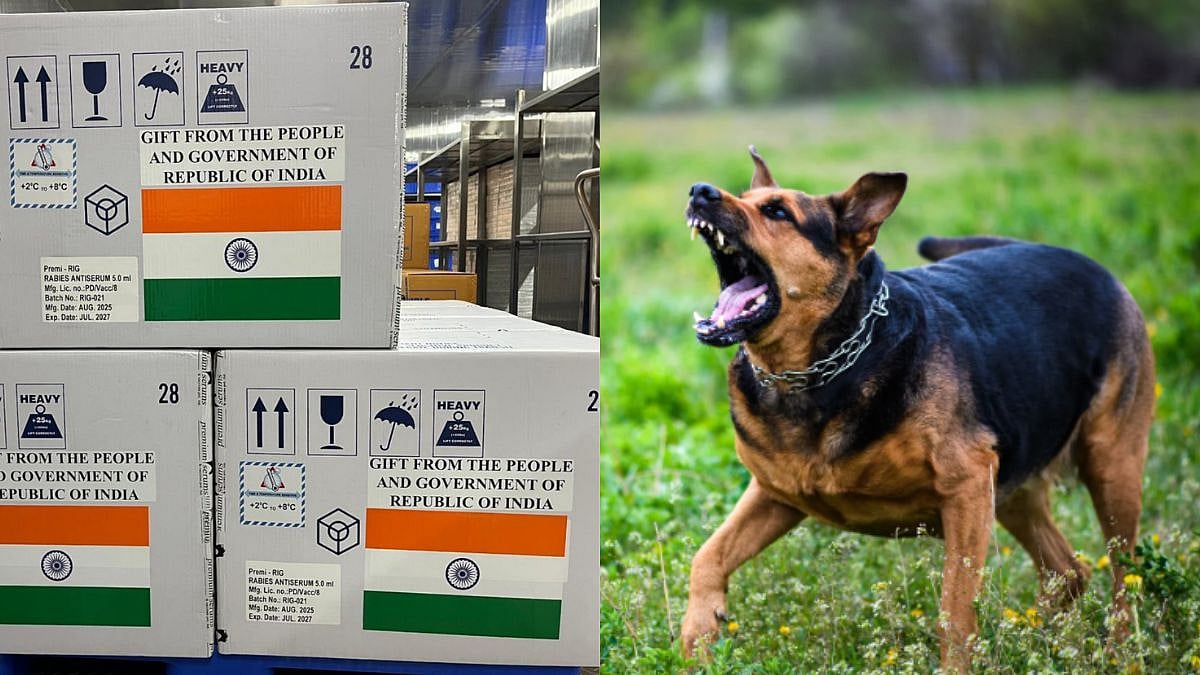New Delhi: A team of researchers from the Indian Institute of Science Education and Research (IISER) Bhopal claim to have sequenced the genome of the turmeric plant for the first time in the world.
The results have recently been published in a journal belonging to the prestigious Nature group -- Communications Biology. According to the team, with increasing interest in herbal medicines all over the world, researchers are focusing on the poorly understood areas of herbs such as their genetic backgrounds.
The developments in DNA and RNA sequencing technologies have spurred on a new discipline called "herbal genomics" that are targeted to understanding the genetic composition of herbs and their relationship to the medicinal traits. Given the nascency of the field of herbal genomics and the complexity of herbal systems, only a few well assembled herbal genomes have been studied so far, the team claimed.
"We have, for the first time in the world, sequenced the genome of Turmeric, the golden spice of India. This work is significant because turmeric has been focused in more than 3,000 publications, but the whole genome sequence was not known until the our team's work on it," said Vineet K. Sharma, Associate Professor, Department of Biological Sciences, IISER Bhopal.
"Being the first elucidation of the genetic makeup of turmeric, our study has provided hitherto unknown information about the plant. The IISER sequencing and analysis has also confirmed the triploid genetic makeup of turmeric," he said.
The researchers performed comparative evolutionary analysis across 17 plant species. The comparison showed the evolution of genes associated with secondary metabolism, plant phytohormones signaling, and various biotic and abiotic stress tolerance responses.
The researchers have revealed the genetic structures associated with major enzymes involved in the production of curcuminoids, the key medicinal compounds present in turmeric. They have also shown the evolutionary origin of these enzymes.

"Our studies have shown that many genes in turmeric have evolved in response to environmental stressors. To survive under environmental stress conditions, the turmeric plant has developed unique genetic pathways for synthesis of secondary metabolites such as curcuminoids for its own survival. These secondary metabolites are responsible for the medicinal properties of the herb," added Sharma.
He explained that given that turmeric has been widely used in the Indian medicinal systems for centuries, its translation into modern medicine is being pursued in recent years.
"In this context, the genome sequence of turmeric would be instrumental in its incorporation into mainstream medicinal systems. The genome sequencing of this medicinal plant provides new insights on the origin of the medicinal properties of this plant will also aid further studies on this species, genus, and family," said Sharma.











